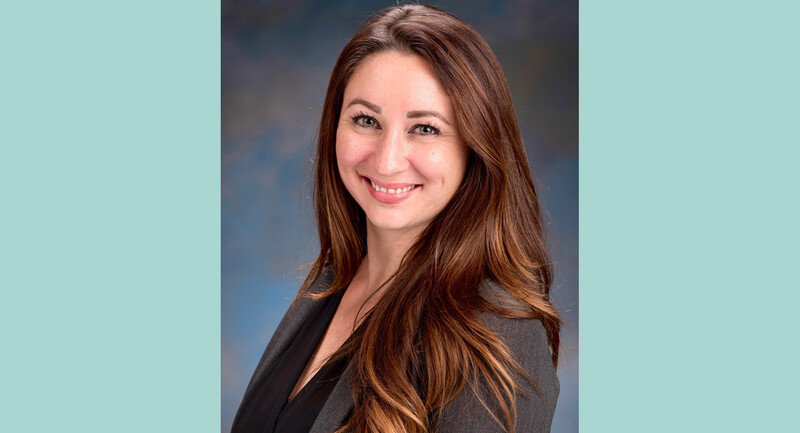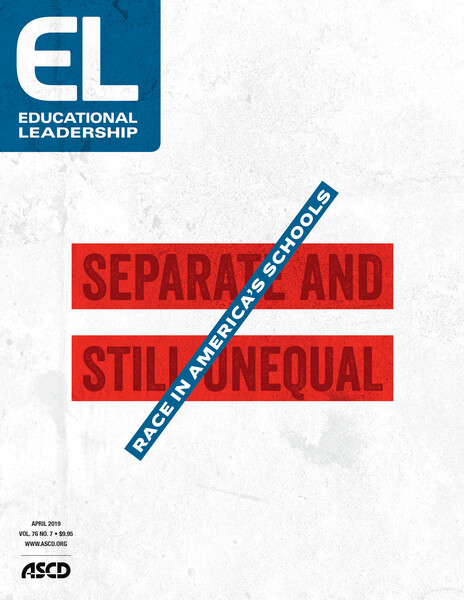Cuts to education funding loom—unless Congress unites to raise budget caps.

Get ready in coming months to hear a lot about the arcane budget term sequestration. (Hmm … are they talking about a sea quest? Something equestrian?) This funny little word describing a serious budget process will have big implications for the federal education budget in fiscal year 2020.
This year sees the expiration of the agreement from two years ago that raised the budget caps imposed by a self-executing follow-up trigger ("sequestration") under the 2011 Budget Control Act. As you may recall, the Budget Control Act was the compromise agreement by then-President Barack Obama and the GOP-controlled Congress to raise the debt limit (the total amount of money the United States government can borrow) in exchange for annual incremental cuts totaling approximately $1 trillion over 10 years (2011–2021) from the federal budget.
Of course, Congress subsequently was unable to reach an agreement on a managed deficit-reduction plan of that magnitude. To account for that eventuality (Congress knows itself so well), the Budget Control Act included the sequestration trigger, which would automatically make the requisite across-the-board cuts to all programs in order to bring total spending in line with that year's funding cap. As a bipartisan incentive to avoid that prospect, sequestration cuts the same amount from defense and non-defense programs, which should compel Republicans and Democrats to compromise—if only to stave off the respective cuts to their favored budget priorities.
Much to everyone's surprise and chagrin, the threat of sequestration did not have the desired effect, and the automatic cuts took effect starting in 2013. The first years of the new austerity were painful for education. In the 2013 school year, federal education programs suffered a 5 percent across-the-board cut, which included a staggering $726 million reduction from Title I funding for disadvantaged students and a $579 million cut from special education, the twin pillars of federal assistance to K–12 education. The size of the cuts was made worse by their indiscriminateness; there was no leeway to account for strategic priorities or a program's importance.
Perhaps the best that can be said about these cuts is that they prompted congressional action. For the past four years, Congress has slightly raised the budget caps to avoid any further rounds of draconian cuts and extended the 10-year timeline for achieving their overall spending cut goal (set in 2011) by two years, to 2023. The result has been a relatively painless budget process resulting in very modest education spending increases and few cuts in each of the past two years (notwithstanding the recent partial government shutdown, which resulted from a fight over a border wall and immigration policy rather than fiscal issues).
The FY19 education budget was emblematic of this budget harmony. For the first time in 21 years, Congress managed to enact the FY19 education appropriations before the start of the 2019 fiscal year on October 1. Even more beneficially, Congress maintained ESSA Title II professional development funding at $2.1 billion (thanks quite a bit to the work of educator advocates who lobbied to preserve this funding, which I wrote about in the September 2018 Policy Priorities column). This budget included modest increases for cornerstone programs such as Title I (+$100 million) and IDEA (+$87 million). No federal K–12 program saw a funding decrease.
Unfortunately, this budget concord appears on the verge of ending. The higher budget cap that has been in effect for the past two years expires in 2019. Budget caps will now revert back to their original, lesser amounts in order to achieve $1 trillion in deficit savings overall by 2023. The reimposition of the penurious budget caps will cut the overall amount of money for all nondefense discretionary funding—including education—for FY20 by 12 percent. The portion of the budget devoted to defense spending will be cut by a similar amount. To avoid these across-the-board cuts, Congress needs to strike a bipartisan budget deal that raises the budget caps once again. So those of us passionate about schools and educators getting the money they need—including for professional learning—need to put pressure on lawmakers to help make that budget deal happen.
Amidst this bleak federal spending landscape, educators are anxiously awaiting President Trump's FY20 budget request (because of the government shutdown earlier this year it was delayed until at least March). In each of the past two years, the Trump administration has sought funding cuts to the U.S. Department of Education of 11 percent and the complete elimination of the $2.1 billion earmarked for professional development activities under Title II of ESSA.
Obviously, funding cuts of this magnitude are untenable for schools. Nor are they prudent or appropriate if we hope to meet either the increasing needs that students have in terms of academic supports and wraparound services, or the national education goals we've set for all students. We can't successfully promote the whole child approach to education that students need to meet these high goals—and enable them to graduate ready for college and career—without adequate resources.
It will be incumbent upon all educators to remind their legislators of the need to sufficiently invest in the federal education programs that provide critical funding for schools. "Raise the caps!" may not have the rhetorical flair or man-the-barricades urgency of "Remember the Alamo" or "54–40-or-Fight." But it's a clear, straightforward call that will have a profound impact on the federal resources available for all students, and especially those most in need. Raise the caps, indeed.





